Have mat, will travel: Yoga and yoga therapy in rural communities
1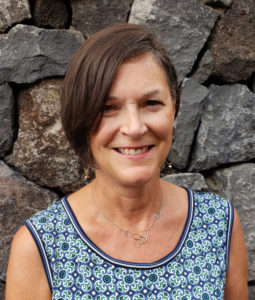
by Mary Hilliker, yoga teacher and yoga therapist
Are you attracted to natural spaces as the place to live and work? Do you find comfort in mountains, forests, lake country, an island or farm fields? Whether you’ve always been in a rural area or you’ve relocated to a natural setting for lifestyle, employment or family, you can find meaningful work as a yoga teacher and Yoga Therapist. Your professional life will have variety, adventure and real-life connection.
Over 20 years of teaching, I’ve lived and worked in three different types of rural areas (lake country, agricultural area and island), taught in a variety of settings and to different groups of people. It’s been an interesting challenge to find the right opportunities for teaching yoga and providing Yoga Therapy in each community.
Our minds often take us to what we see as some ideal situation for teaching yoga or providing Yoga Therapy (insert your dream situation here!). Rural areas require a nimbleness and openness to what you might offer and where you offer it. As you understand rural people and settings, you may see that there is openness in some settings and with specific groups of people.
Having one setting may not be the best in terms of reaching a larger number of people or generating the income you need. A large roller bag of props, a car and an ability to adapt to different settings may be more useful in some rural areas than a studio. While you might have a home office to do paperwork and prep, your office may be on the road. My own transition from my “day job” to a full-time yoga professional career was through a home office, roller bag and car.
Rural areas with small towns often have settings such as a senior center, community center, school district or community college, small health care settings, small worksites, a gym, churches or retail settings. Main street retail areas and government centers in small towns may also have community rooms or off-hour space for rent. Small business owners such as Chiropractors, Physical Therapists or Massage Therapists may be interested in sharing business space.
Many rural areas have a shortage of professionally trained yoga teachers and Yoga Therapists. A period of educating about what yoga and Yoga Therapy are, what your credentials are and what you can do is essential in establishing the groundwork for future professional opportunities. Yoga Alliance and the International Association of Yoga Therapists have consumer level resources for helping you promote what you do.
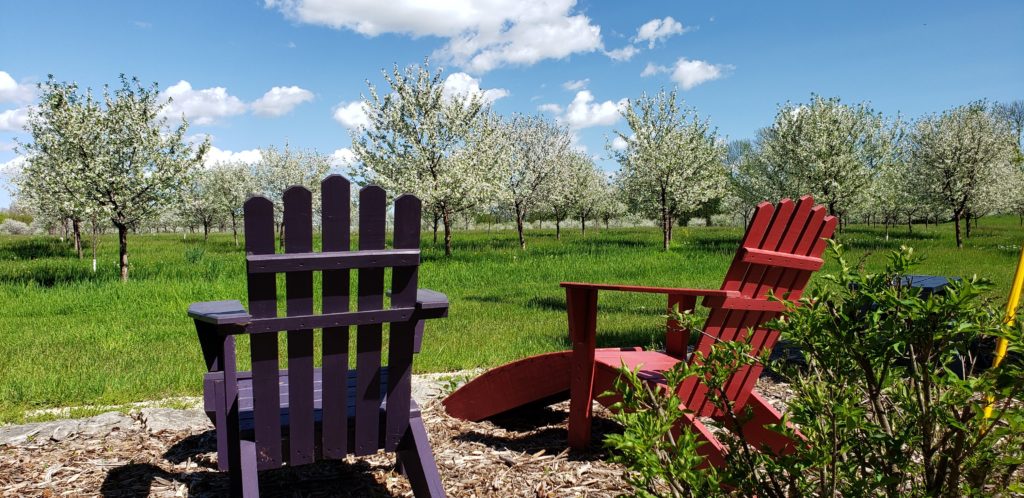
While social media and digital platforms dominate in the business world today, a one-on-one ‘meet and greet’ is still one of the most effective ways to get to know people and what their needs and interests are. Questions to ponder in developing a more personalized outreach strategy include:
- Where do people in this community meet and greet each other?
- Which groups of people may be more open to or interested in yoga?
- Which community settings offer an opportunity to rent space for classes or private sessions?
- Who is a contact person for a setting or for groups of people?
You may have to do cold calls to get appointments to talk to key people in the community. That’s always hard, but it also shows your initiative in developing your professional work. You may be able to get a contact person through another association or through the cold calls. Keep your list of potential people to reach out to, set up appointments and let that list grow over time.
It’s helpful to put together a ‘leave behind folder’ that includes a flyer on the difference between yoga and Yoga Therapy, your bio, a handout on what types of services you can offer and your business card. For health care settings, aging centers and worksites, you might also include a flyer on the benefits of Yoga Therapy with brief summaries for common conditions like low back pain, arthritis, sleeplessness, stress and anxiety.
One of my most rewarding connections was made through my husband’s softball team. A Physical Therapist on the team had a small private Physical Therapy business. He was interested in having a “safe” yoga class to refer patients to. He had gym space available some weeknights and on one weekday when he traveled for a consulting job. I held several classes per week within his business, bringing in a client base I was interested in working with – a 40+ age demographic. We held some joint workshops on back health that were beneficial to both businesses. That association also helped me solidify my intention to study Yoga Therapy. It also taught me so much about what Physical Therapists were interested in for their patients.
In my own work and with yoga teachers that I’ve trained, these are just a sample of the kinds of situations I’ve seen unfold in rural settings:
- low back pain classes and other general and therapeutic classes in physical therapy center gyms during off hours
- general yoga offerings in a church setting
- a senior center with a need for chair and mat class options on a variety of Yoga Therapy topics of interest to seniors
- yoga within a martial arts school
- school-based classes for teachers and community members
- a small main street yoga center with a variety of offerings for all ages
- yoga teacher training program in a centralized rural area
- worksite offerings specific to employee needs
- yoga on the farm events
- home-based office for Yoga Therapy private sessions
- webinar-based Yoga Therapy programs
- a community-based stress reduction program in the park sponsored by a domestic violence agency.
Putting together a yoga business in a rural area isn’t something that you figure out overnight. A rural yoga business evolves over time into something the community wants, needs or possibly what they didn’t even know they wanted or needed! You will learn, grow, be surprised and make meaningful connections as a teacher or Yoga Therapist working in a rural setting.
[jetpack_subscription_form]
About Mary
Mary Hilliker is a Registered Dietitian/Nutritionist, an experienced yoga teacher at the E-RYT 500 level and a Certified Yoga Therapist with the International Association of Yoga Therapists (C-IAYT). She studied with Gary Kraftsow of the American Viniyoga Institute for the last 20 years.
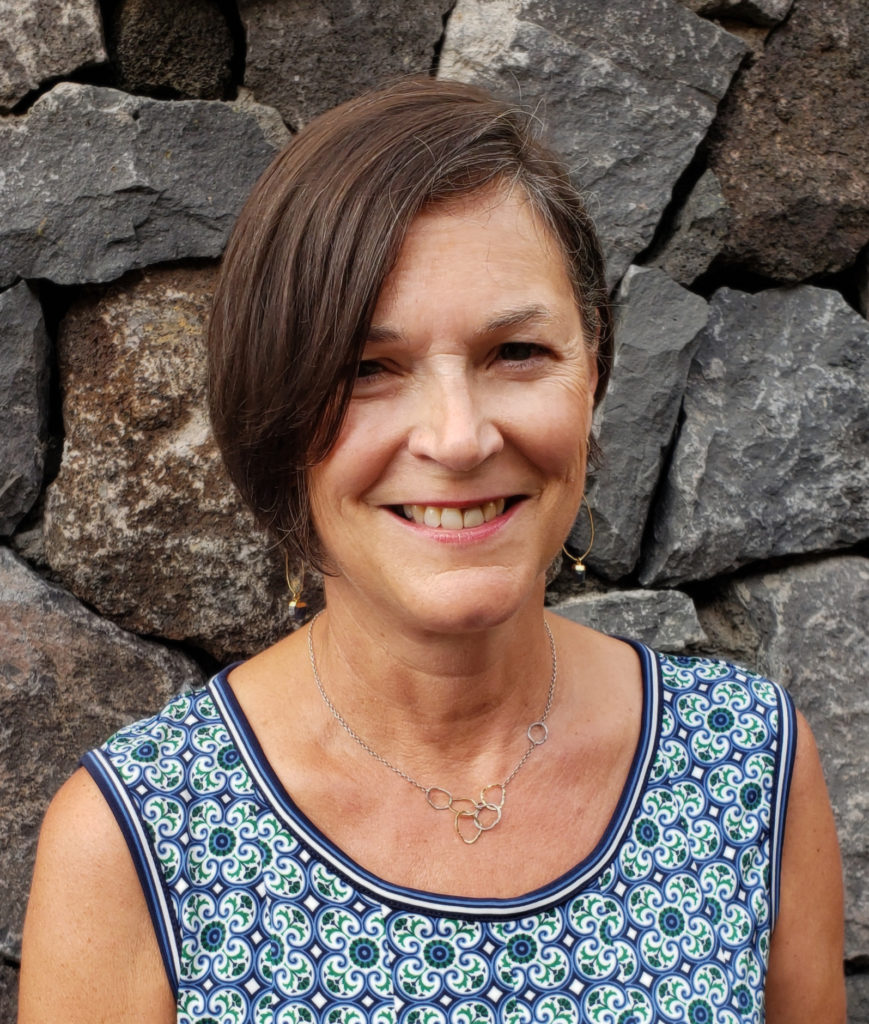 Mary has been mentoring Yoga Therapists for the last 8 years in their individual client work, development of therapeutic groups and workshops, personal practice and professional transformation. Mary worked with Gary Kraftsow and the American Viniyoga Institute in administrative, faculty and curriculum coordination roles, most recently with the AVI Yoga Therapist Training.
Mary has been mentoring Yoga Therapists for the last 8 years in their individual client work, development of therapeutic groups and workshops, personal practice and professional transformation. Mary worked with Gary Kraftsow and the American Viniyoga Institute in administrative, faculty and curriculum coordination roles, most recently with the AVI Yoga Therapist Training.
Interest in musculoskeletal health was fundamental to her early start in Yoga Therapy. Her work evolved to a generalist Yoga Therapy practice that also includes a focus on physiological and mental health. Much of her work focuses on beginners and people 55+, people who seek out Yoga Therapy who haven’t been exposed to yoga or Viniyoga. She teaches therapeutic groups and special events such as Yoga for Better Sleep, Yoga for Stressful and Anxious Times, Yoga for Digestive Health, Yoga for Grief & Healing, Yoga Therapy for Structural Conditions, Yoga Therapy for Headaches, Yoga for Seasonal Changes and Yoga for Fatigue.
Mary owns and operates River Flow Yoga Teacher Training School, a Yoga Alliance RYS-200 and RYS-300 in Wausau, Wisconsin. She is a business partner and teacher/yoga therapist with 5 Koshas Yoga & Wellness in Wausau, WI. In that role, she focuses her time on individualized Yoga Therapy, teaching Yoga Therapy groups, webinars and special events, training yoga teachers, and providing continuing education for yoga teachers and Yoga Therapists.
Mary has over 5000 hours of teaching experience. She has experience teaching across the lifespan and in many different community settings including government, health care, aging centers, worksites, churches and community centers.



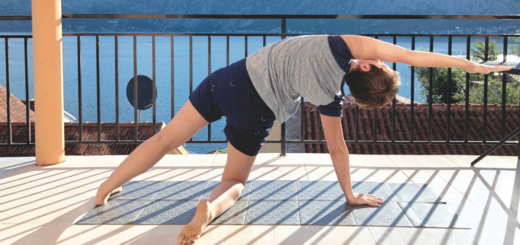
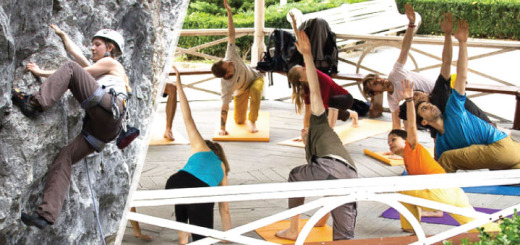

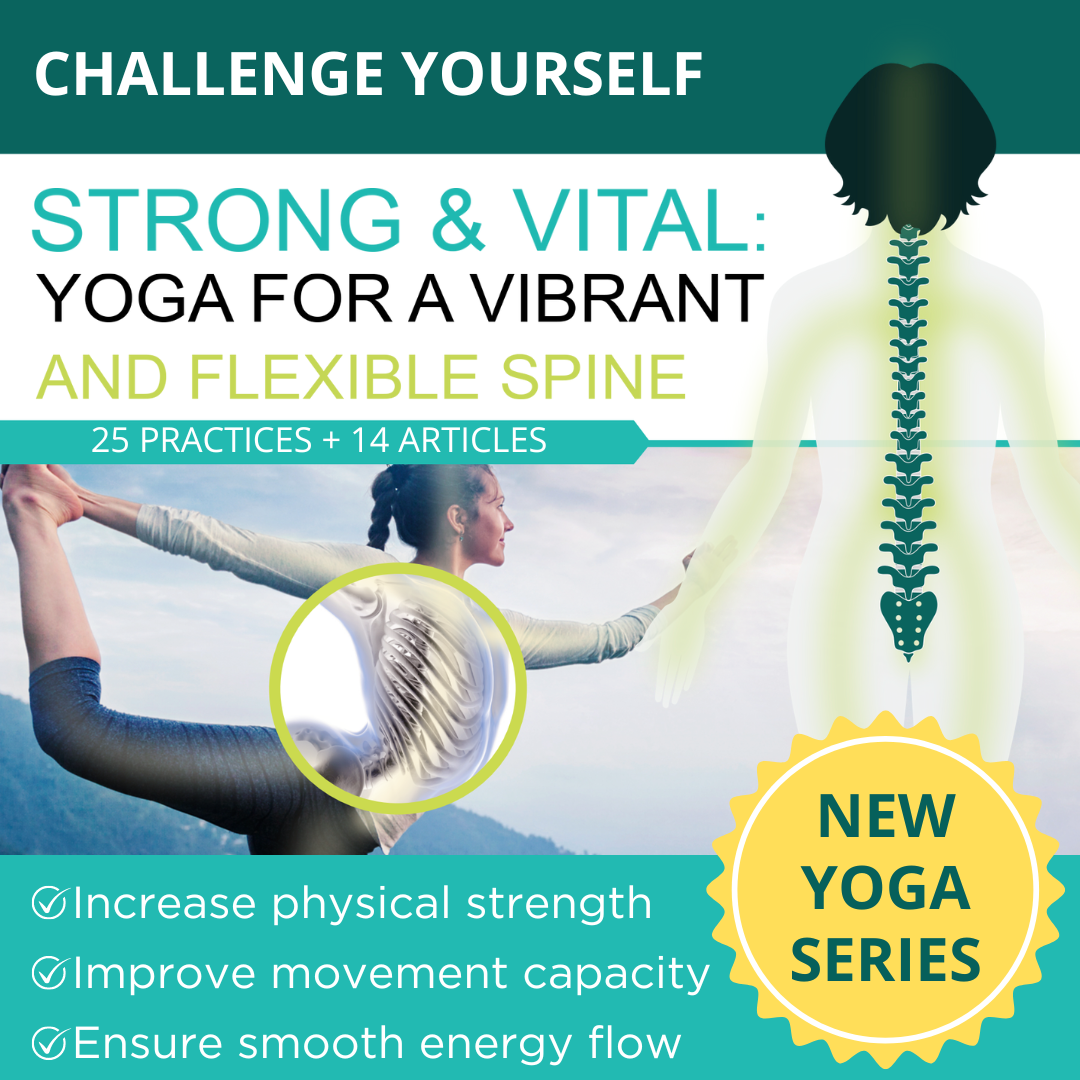
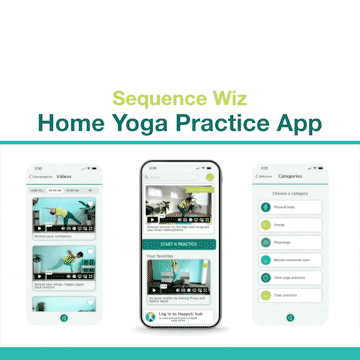
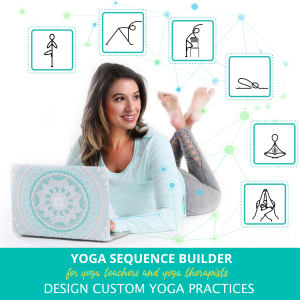
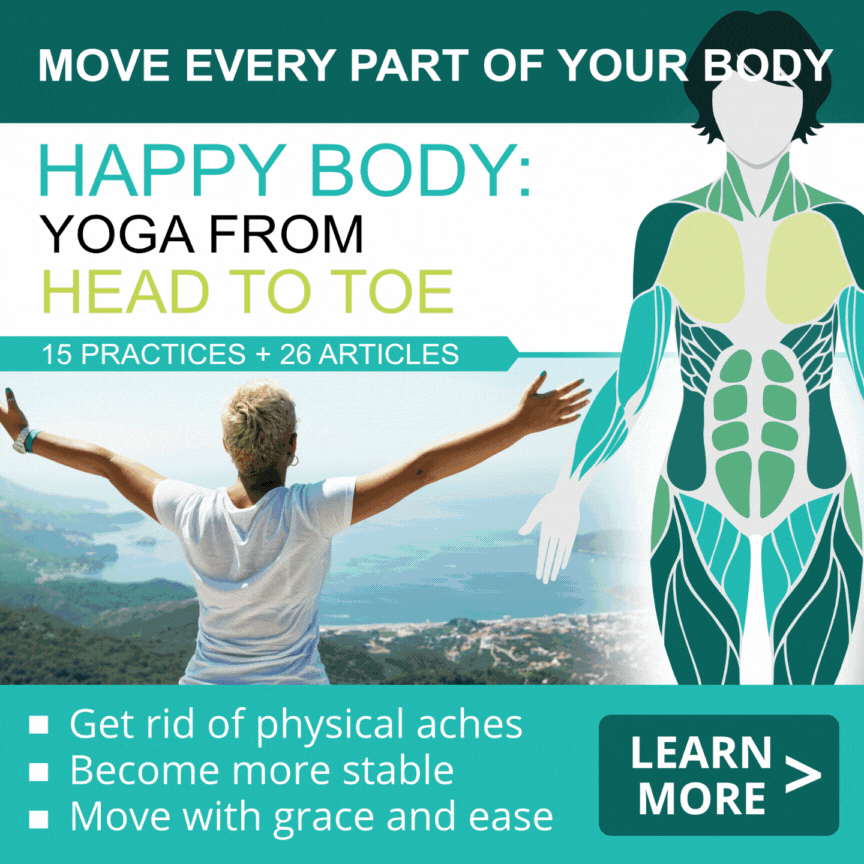

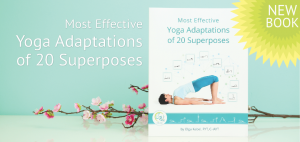
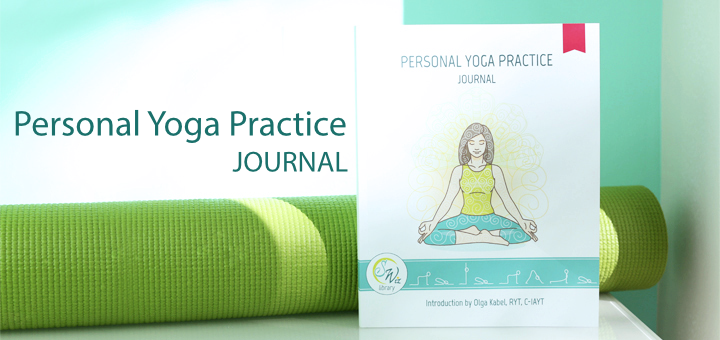
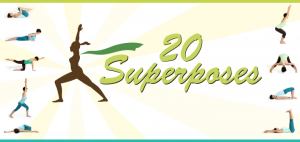

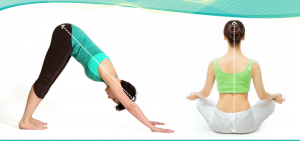


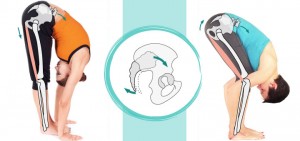
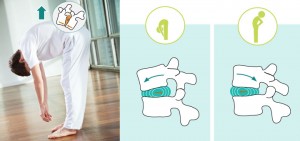
thank you for the information and articles, good luck always, best regards